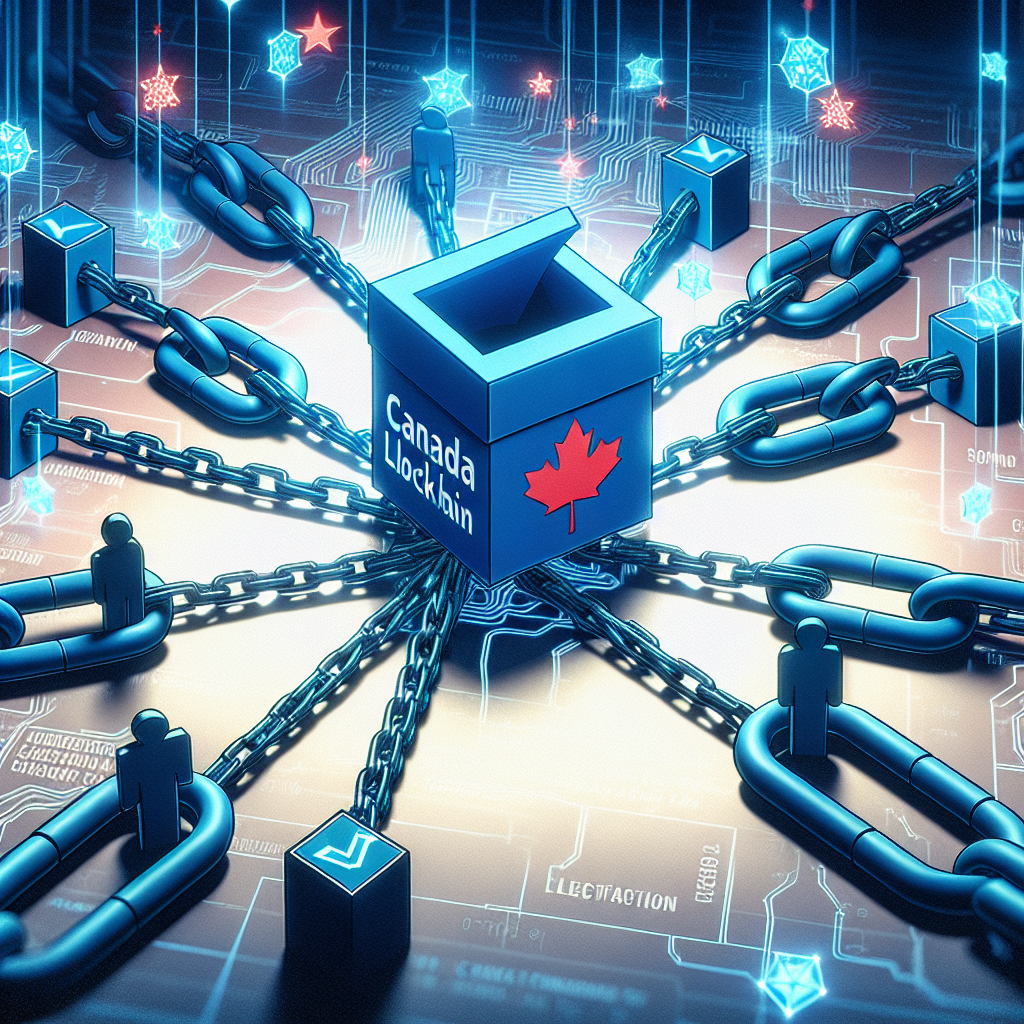Uncovering the Limitations: Why Blockchain Technology Falls Short for Federal Elections in Canada
- Jason
- Sep 1, 2024
- 2 min read
In recent years, blockchain technology has garnered significant attention for its potential to revolutionize various industries, from finance to healthcare. Its decentralized and secure nature has sparked discussions about its viability in different domains, including elections. However, when it comes to Federal Elections in Canada, the use of blockchain technology poses significant challenges and limitations that must be carefully considered.
The Fundamental Flaws of Blockchain for Federal Elections
Security Vulnerabilities
While blockchain technology is hailed for its security features, it is not foolproof. The distributed nature of blockchain networks makes them susceptible to a range of vulnerabilities, such as 51% attacks and sybil attacks . These attacks could compromise the integrity of the election process, undermining the very foundation of democracy.
Lack of Regulatory Framework
Another crucial aspect to consider is the lack of a robust regulatory framework surrounding blockchain technology. Without clear guidelines and oversight, the use of blockchain in Federal Elections could lead to legal uncertainties and challenges in dispute resolution . Ensuring transparency and accountability in the electoral process becomes significantly more complex in the absence of established regulations.
Scalability Issues
Blockchain networks, particularly public blockchains , face scalability issues that could hinder their application in large-scale Federal Elections. The limited transaction throughput and potential network congestion could result in delays and inefficiencies, ultimately affecting the timely and accurate tabulation of election results.
Complexity and Accessibility
Implementing blockchain technology for Federal Elections requires a high level of technical proficiency and resources, which may pose challenges in terms of user adoption and widespread accessibility . Ensuring that all citizens can participate in the electoral process is essential for upholding democratic principles, and the complexity of blockchain systems could create barriers for certain segments of the population.
Why Blockchain Isn't Ready for Federal Elections in Canada
Considering the aforementioned vulnerabilities and limitations, it becomes evident that blockchain technology, as it stands today, is not ready for the monumental task of facilitating Federal Elections in Canada. While the technology holds promise for enhancing transparency and security in certain contexts, the complexities and risks associated with its implementation in the electoral process outweigh its potential benefits.
For blockchain to become a viable solution for Federal Elections in Canada, comprehensive security measures , regulatory frameworks , scalability solutions , and user-friendly interfaces must be developed and implemented. Until then, traditional election systems will likely remain the more practical and reliable choice for ensuring the integrity and democratic legitimacy of the electoral process.
Blockchain technology may continue to evolve and address its current limitations, paving the way for its broader adoption in critical sectors. However, for Federal Elections in Canada, a cautious approach that prioritizes the stability and security of the electoral process remains paramount.
Remember, while blockchain technology offers exciting possibilities, its integration into complex systems like Federal Elections requires careful consideration and strategic planning to navigate the challenges it presents.






Comments